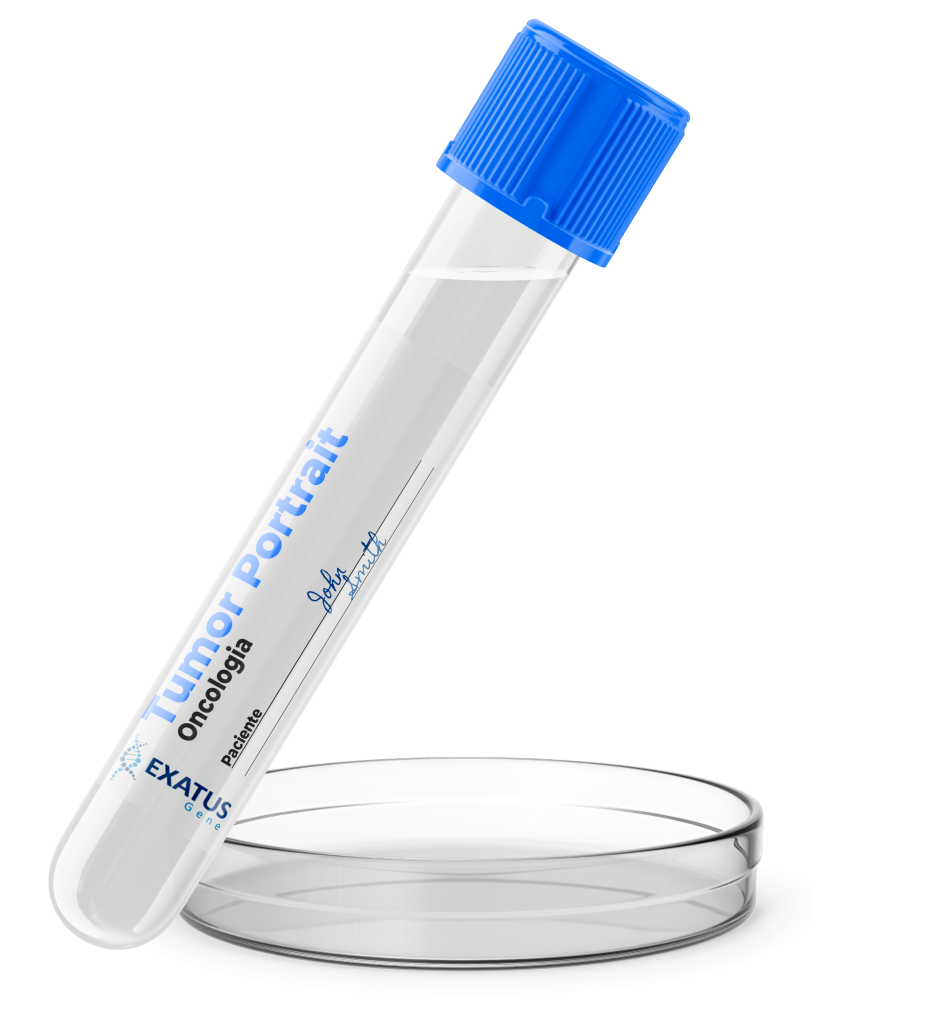
The Tumor Portrait is an advanced molecular profiling test that combines various technologies to offer a comprehensive view of the tumor and its microenvironment. It is used to provide detailed information about the genetic and molecular composition of the tumor, identifying potential therapeutic vulnerabilities and personalized treatment options, including targeted therapies, immunotherapy, and chemotherapy.
Lung cancer was the most diagnosed cancer worldwide in 2022, with nearly 2.5 million new cases and over 1.8 million deaths.
Premature mortality from cancer in Brazil is expected to decrease by 2030, thanks to advancements in more effective treatments and the growing use of preventive examinations that are identifying tumor risks at early stages.
Consider this test in the following cases:
Sequencing of approximately 22,000 genes, assessing genetic mutations, gene fusions, gene copy number variations, as well as performing gene expression and tumor immunity analyses.
The methodology used for this test is as follows:
Biopsy: In Paraffin Block or Slide
Up to 30 calendar days.
Medical request.

| Type | Description |
| Technique | NGS + RNA-seq + Tumor Microenvironment Analysis |
| Accuracy | 99.99% |

Main Office Rua Bento Gonçalves, 59, Room 802 — Centro, Marau, RS — 99150-000
Porto Alegre Office Rua Gomes Jardim, 301 , Room 918/909 — Santana, Porto Alegre, RS — 90620-130